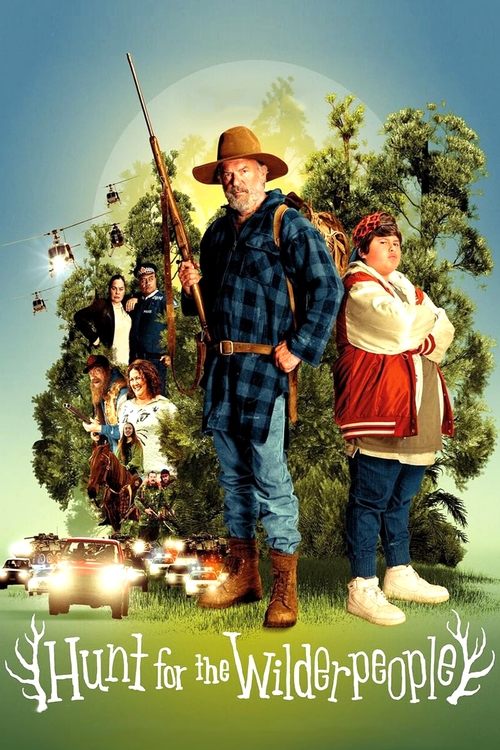
Title: Hunt for the Wilderpeople
Year: 2016
Director: Taika Waititi
Writer: Taika Waititi
Cast: Sam Neill (Hec), Julian Dennison (Ricky), Rima Te Wiata (Bella), Rachel House (Paula), Tioreore Ngatai-Melbourne (Kahu),
Runtime: 101 min.
Synopsis: Ricky is a defiant young city kid who finds himself on the run with his cantankerous foster uncle in the wild New Zealand bush. A national manhunt ensues, and the two are forced to put aside their differences and work together to survive.
Rating: 7.648/10